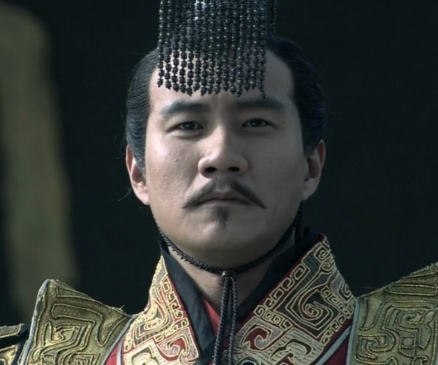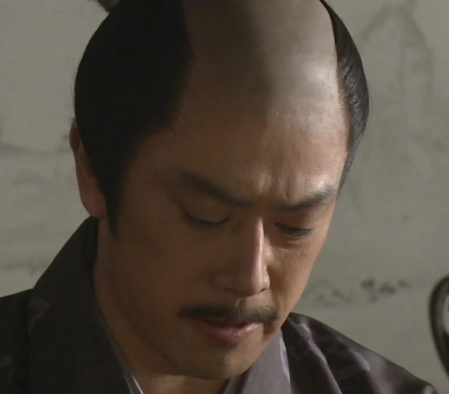In Chinese history, Emperor Guangwu Liu Xiu is a highly respected emperor. During his reign, he implemented a series of important measures that not only stabilized the national government but also promoted social and economic development. These measures had a profound impact on later generations and were hailed as the "Revival of Guangwu". After ascending to the throne, Emperor Guangwu first faced the task of rebuilding the national government. He adopted the policy of "gentle governance", using moderate and conciliatory means to govern the country. He ordered the release of slaves, prohibited the killing of slaves, and repeatedly issued edicts requiring officials to care for the suffering of the people and reduce taxes and levies. These policies effectively alleviated social conflicts and consolidated the national government. In the economic aspect, Emperor Guangwu also took a series of effective measures. He implemented the system of stationing troops to cultivate land, converting soldiers into farmers and allowing them to reclaim wasteland in border areas. This not only solved the food problem for the army but also promoted the development of border areas. In addition, he implemented the policy of state monopoly of salt and iron, unifying the production and sales of salt and iron, which increased the country's fiscal revenue. In the field of culture and education, Emperor Guangwu also attached great importance. He vigorously advocated Confucianism, built the Imperial University, and selected outstanding talents to enter the officialdom. He also ordered the collection and collation of ancient books to protect cultural heritage. These measures promoted cultural prosperity and development, leaving valuable spiritual wealth for later generations. In addition to the above measures, Emperor Guangwu also focused on strengthening legal construction. He formulated a series of laws and regulations to regulate social order and maintain national unity and stability. At the same time, he strictly required officials to be honest and incorruptible, severely punishing corruption, and improving the credibility and execution of the government. The measures taken by Emperor Guangwu not only stabilized the national government but also promoted social and economic development and cultural prosperity. Under his governance, the Eastern Han Dynasty gradually regained its vitality and vitality, ushering in a prosperous era known as the "Revival of Guangwu". Overall, Emperor Guangwu's governance philosophy embodies his political wisdom and foresight. The measures he took not only focused on solving current problems but also aimed at long-term development. These measures not only had a positive impact on society at that time but also left valuable experience and inspiration for later generations.

Disclaimer: The above content is sourced from the internet and the copyright belongs to the original author. If there is any infringement of your original copyright, please inform us and we will delete the relevant content as soon as possible.
































